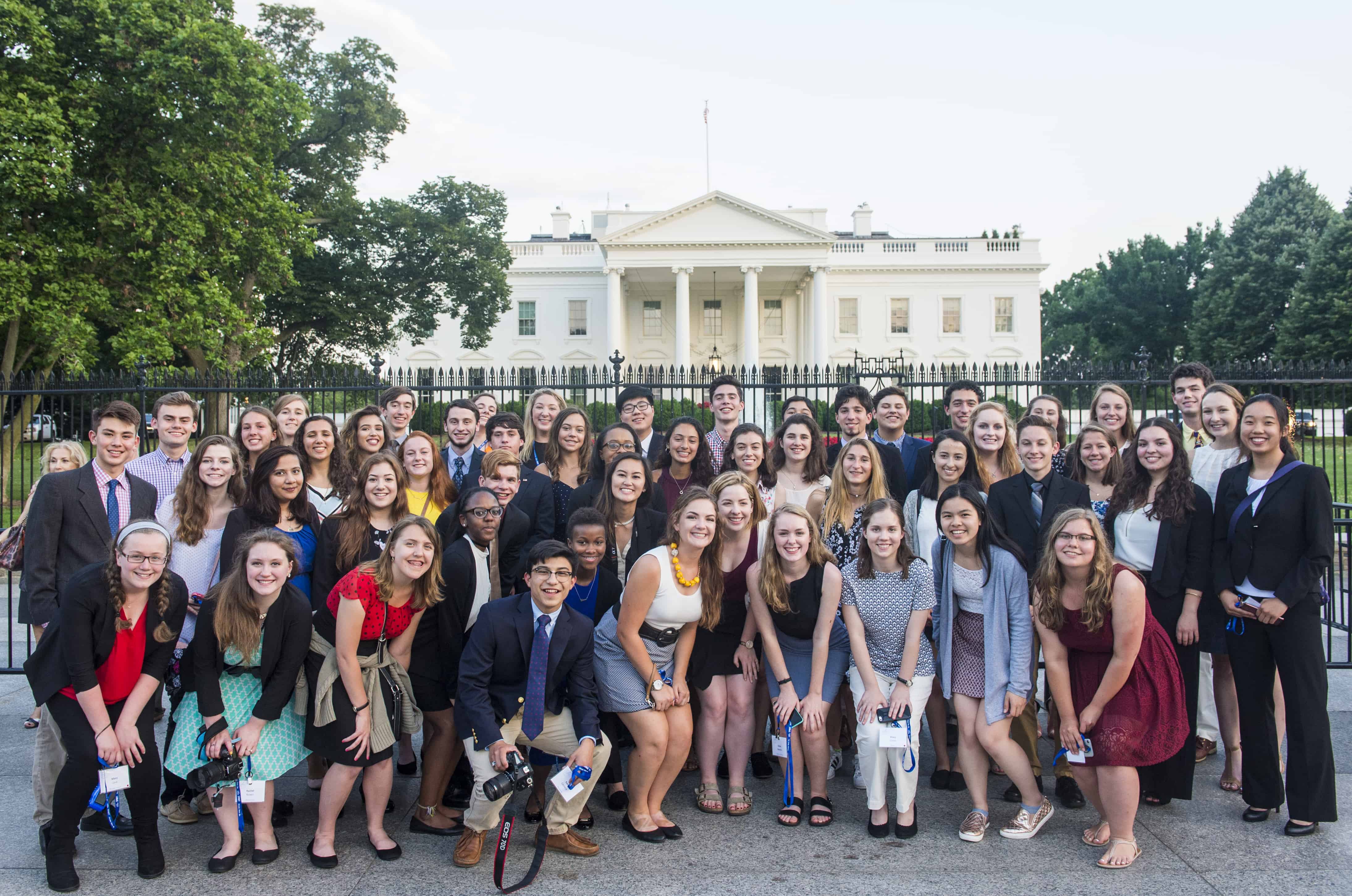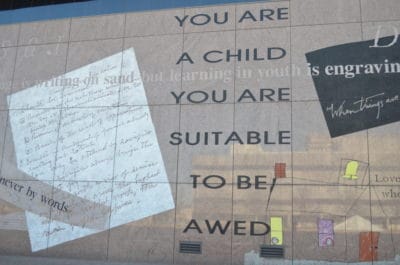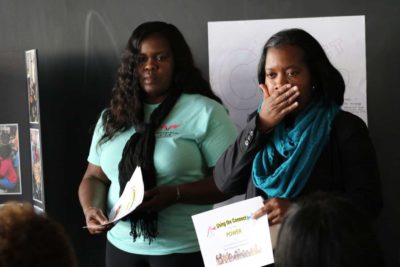The sheer idea of placing 51 teenagers in a room together may sound unappealing or chaotic, but when the 51 teenagers are aspiring journalists in a room with accomplished writers and reporters, their professionalism and passion outweighs the disarray.
This past summer I was given the opportunity to travel to Washington D.C. and represent North Carolina at the Al Neuharth Free Spirit and Journalism Conference. At the conference 50 other “free spirits” and myself participated in question and answer sessions (Q&A’s) and panel discussions with some of the most notable names in journalism.
The conference was set over a period of four days during which the free spirits were able to engage in discussions as well as visit areas such as the Capital press gallery, USA Today and the Newseum.


Asking me to choose my favorite moment of the conference would result in a never ending list of anecdotes followed by a viewing party of blurry monument pictures. However, asking for my most memorable moment is a different story.
When I originally received my itinerary in the mail I was ecstatic to learn the many distinguished journalists that would be in attendance at the conference. The names spanned everywhere from Washington Post reporter David Fahrenthold to National Geographic editor Susan Goldberg. However, the name that stood out to me most was Washington Post editor Marty Baron.
Being a fan of Spotlight, the Oscar-winning film that retells the true story of Mr. Baron and four of The Boston Globe’s investigative journalists endeavouring to uncover allegations of molestation by priests in the Catholic church, I found myself eagerly awaiting Mr. Baron’s Q&A.
Taking into account the current climate surrounding American journalism, I attended the conference at an important time. The Washington Post, the publication of which Mr. Baron serves as editor, carries a slogan I went into the conference contemplating the meaning of: “democracy dies in darkness.”
The slogan can be interpreted in several ways. However, following Mr. Baron’s session I saw the slogan to be an indicator of just how important the media’s role is in maintaining a functioning democracy.
A government’s transparency is paramount to maintaining legitimacy in the eyes of its citizens. The “darkness” referred to in The Washington Post’s slogan can be correlated to a lack of transparency in government. The lack of trust between government and citizens results in a failed democracy.
It is the role journalists play in all levels of government, the denouncing of the “darkness”, that shows the importance of the media in modern politics.
“If you want to make a difference I can’t think of a better field for a young person to go into. If you want to be essential to our democracy [journalism] is the field that’s essential to our democracy,” Mr. Baron said.
While I no doubt went into the conference knowing that journalists played an important role as a linkage institution to the government, I left realizing just how large the extent of that role is. I now hope to live up to the many journalists positions that have worked so hard to censure the government’s darkness.





